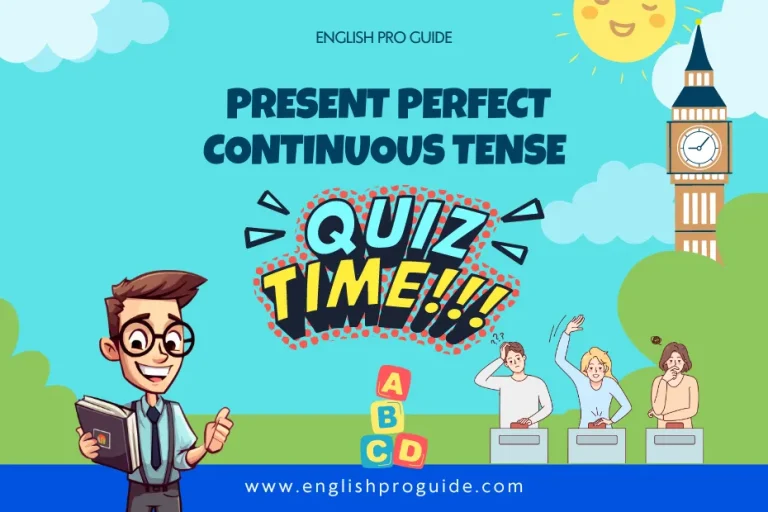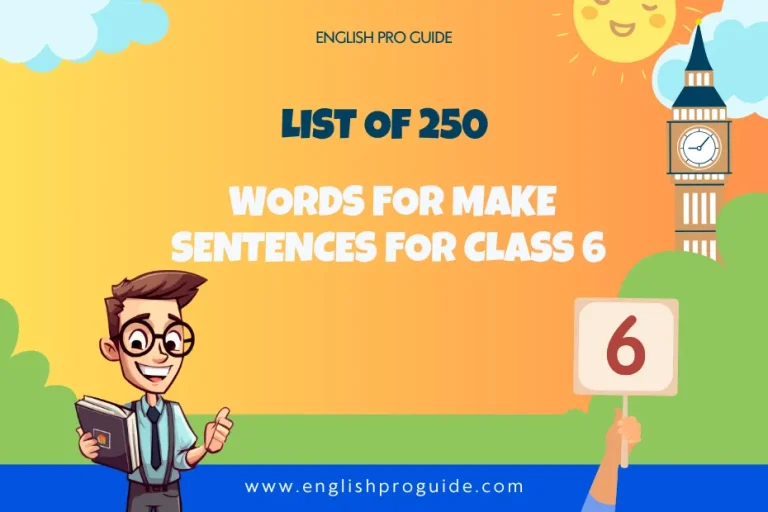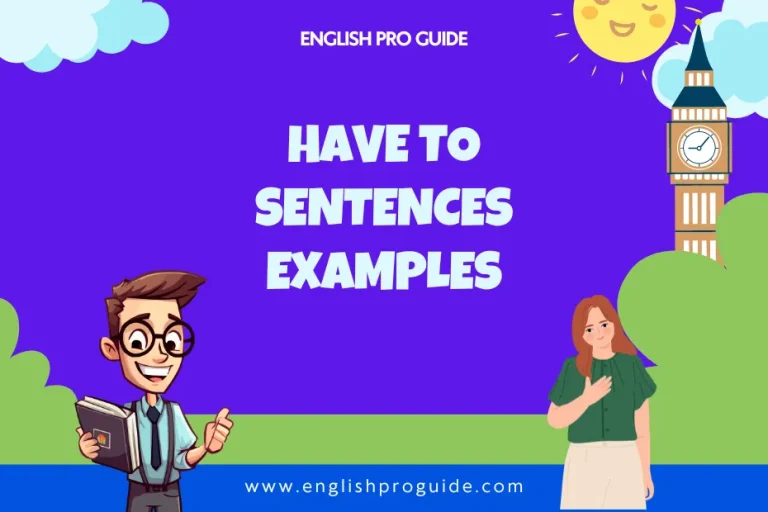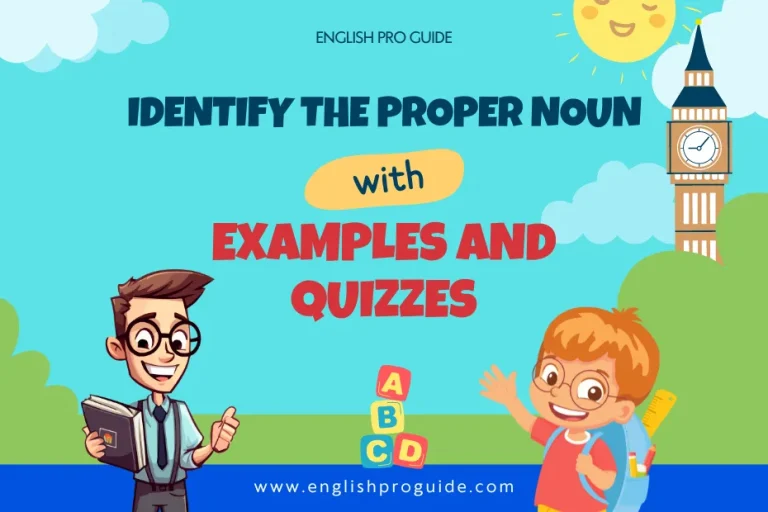A Word a Day Challenge! Build Your Vocabulary in 30 Days
Imagine learning 30 new words in just one month! Sounds exciting, right?
Expanding your vocabulary can open doors to better communication, improved confidence, and higher scores in tests like IELTS and TOEFL.
The Word a Day Challenge is a fun and achievable way to build your vocabulary step-by-step. Dedicating just a few minutes each day to learning one new word, you’ll be amazed at your progress by the end of 30 days!
Want to take on the challenge? Here’s your ultimate guide with a complete word list, practical tips, and inspiration to keep you motivated.
Why Take the Challenge?
Learning one word a day might seem small, but the outcomes can be massive.
Expanding your vocabulary boosts your ability to express ideas clearly, enhances your writing, and helps you stand out in exams and conversations.
Plus, breaking it into small daily tasks makes learning stress-free and enjoyable.
With this 30-day challenge, you’ll not only learn new words but also understand how to use them effectively in sentences, making your English skills practical and powerful.
30-Day Word List
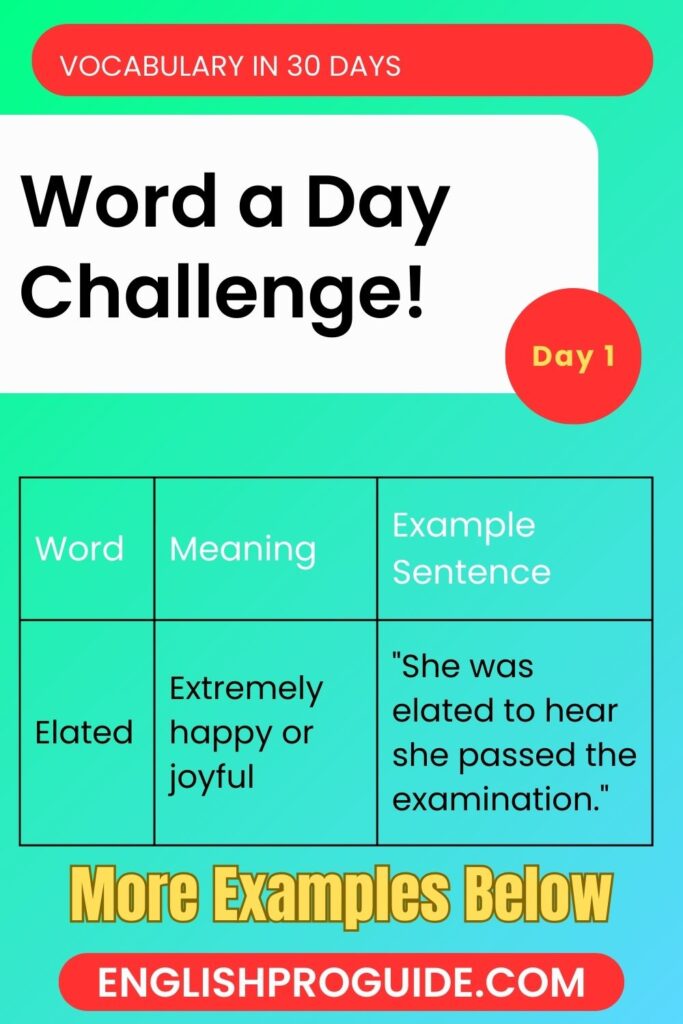
To make it fun and engaging, we’ve divided the words into categories—emotions, academic terms, everyday objects, and advanced vocabulary.
Week 1 – Words to Describe Feelings
| Day | Word | Meaning | Example Sentence |
|---|---|---|---|
| 1 | Elated | Extremely happy or joyful | “She was elated to hear she passed the examination.” |
| 2 | Melancholy | A feeling of sadness | “The rainy weather left him feeling melancholy.” |
| 3 | Anxious | Worried or uneasy | “She was anxious about her upcoming interview.” |
| 4 | Jubilant | Feeling or expressing great happiness | “The crowd was jubilant after the team’s victory.” |
| 5 | Nostalgic | Feeling sentimental about the past | “The old photos made her nostalgic for childhood days.” |
| 6 | Apprehensive | Feeling worried about something in the future | “He was apprehensive about starting a new job.” |
| 7 | Resentful | Feeling bitter or angry against someone | “She felt resentful after being treated unfairly.” |
Week 2 – Essential Academic Words
| Day | Word | Meaning | Example Sentence |
|---|---|---|---|
| 8 | Analyze | To examine something in detail | “You need to analyze the data carefully.” |
| 9 | Concept | An idea or principle | “The concept of gravity revolutionized science.” |
| 10 | Hypothesis | A proposed explanation | “The scientists presented their hypothesis for the study.” |
| 11 | Indicate | To point out or show | “The results indicate a need for further research.” |
| 12 | Justify | To provide reasons or evidence for something | “Can you justify your actions during the debate?” |
| 13 | Significant | Important and meaningful | “The research made a significant contribution to the field.” |
| 14 | Evaluate | To assess or examine the value or quality of something | “The teacher asked us to evaluate our sources of information.” |
Week 3 – Everyday Vocabulary
| Day | Word | Meaning | Example Sentence |
|---|---|---|---|
| 15 | Appliance | A device or machine used in the home | “The kitchen was equipped with appliances.” |
| 16 | Umbrella | A tool for protection against rain | “Don’t forget your umbrella; it might rain.” |
| 17 | Wallet | A small case for holding money or cards | “He forgot his wallet at the restaurant.” |
| 18 | Cushion | A soft item placed on chairs for comfort | “She arranged the colorful cushions on the couch.” |
| 19 | Nourish | To provide substances for growth | “A balanced diet helps to nourish the body.” |
| 20 | Hanger | A tool for hanging clothes | “She neatly placed her dress on a hanger.” |
| 21 | Mirror | A reflective surface | “He looked at his reflection in the mirror.” |
Week 4 – Advanced Words to Impress
| Day | Word | Meaning | Example Sentence |
|---|---|---|---|
| 22 | Epiphany | A sudden realization | “She had an epiphany about her career goals.” |
| 23 | Conundrum | A confusing or difficult problem | “He faced a conundrum about which path to take.” |
| 24 | Euphoric | Feeling intense happiness | “Winning the lottery made him feel euphoric.” |
| 25 | Ambiguous | Open to more than one interpretation | “Her response was deliberately ambiguous.” |
| 26 | Brevity | Concise and exact use of words | “The speaker was praised for her brevity.” |
| 27 | Transcend | To go beyond limits | “Her performance transcended expectations.” |
| 28 | Zealous | Showing enthusiastic dedication | “He was zealous in his pursuit of justice.” |
| 29 | Pertinent | Relevant or appropriate | “Her comments were pertinent to the discussion.” |
| 30 | Serendipity | The occurrence of events by chance | “Finding that book at the store was pure serendipity.” |
Read More: Learn 100 Commonly Used English Idioms (And Their Meanings)
How to Make the Most of the Challenge
Completing this 30-day vocabulary challenge is all about consistency and interaction. Here are some tips to make the process effective (and fun!):
- Practice in Context: Write at least one sentence using each new word. For example, if the word is “elated,” think of a moment when you felt elated and write about it.
- Create Flashcards: Use apps like Quizlet or make physical flashcards. Include the word, its meaning, and an example sentence.
- Use a Partner: Practice with a friend who’s also learning English. Quiz each other or have conversations using the words.
- Set Daily Reminders: Schedule a specific time each day for your word challenge. Consistency is key!
- Revisit Words Weekly: At the end of each week, review all the words you’ve learned to reinforce retention.
- Visualize Words: Draw a picture or find an image that represents each word. It helps to associate the word with a visual cue.
Final Thoughts
Learning a word a day might seem like a small task, but over time, these small steps lead to big changes.
By the End of 30 days, you’ll not only gain 30 new words but also improve your confidence, writing skills, and ability to express yourself in English.
Take the challenge at your own pace, and don’t worry about perfection—what matters is progress. Remember, the more you engage with new words, the more they’ll become a natural part of your language.
Are you ready to start your vocabulary challenge? Grab a notebook, set up your flashcards, and begin this exciting 30-day adventure today! You’ve got this!


